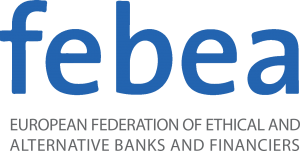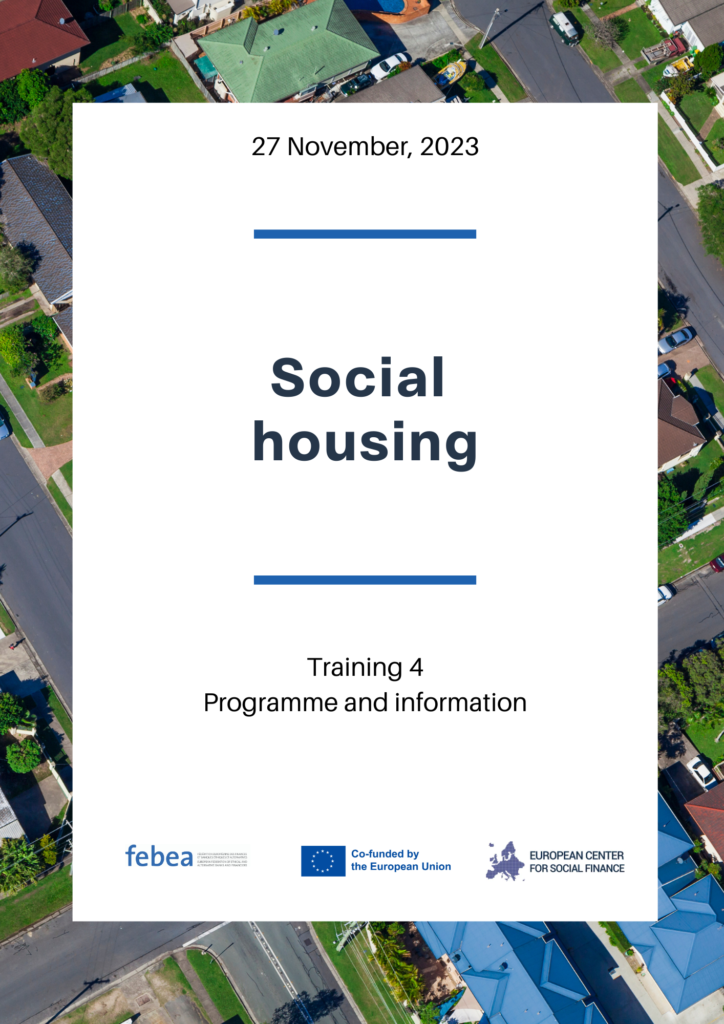Date: Monday, 27th November 13:00 to 16:30 (time in CEST)
Modality: online
Housing has become a defining social issue of our times that affects all people and communities. Rising housing prices, stagnating wages, demographic pressures and declining public investment in housing in many countries are increasingly challenging housing affordability.
Social housing is an important dimension of social welfare policy and affordable housing provision, representing more than 28 million dwellings and about 6% of the total housing stock in OECD and non-OECD EU countries.
However, there are significant differences across countries in the definition, size, scope, target population and type of provider of social housing. For instance, social rental housing makes up less than 10% of the total dwelling stock in most OECD and EU countries, but more than 20% of the total stock in Austria, Denmark and the Netherlands, where it represents a key “third sector” in the housing market
Objectives
The objective of this training is to provide insights into different case studies across Europe. Speakers will illustrate the specific context of their activities as well as objectives, implementation or financing strategies. These case studies are meant to serve as a starting point for discussion and exchange of best practices amongst participants.
Delivery and Enrollment
The training will be conducted online, allowing participants from anywhere to join. Enrollment is open, and interested individuals can register via a Google form, which also facilitates invoicing data collection. The training is free for members of the Federation of European Ethical and Alternative Banks (FEBEA), while non-members will be charged a fee of €100.00 + VAT.
Speakers
The training will feature esteemed speakers with expertise in social finance, climate finance, policy at European level, and impact investments. Among the speakers are:
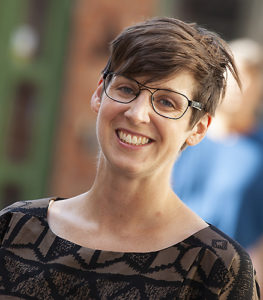
Ingrid Westerfors – Mikrofonden
She works in the region of Gothenburg. She graduated from the Gothenburg University in Sustainable development as well as Business and Administration. She is one of the social housing experts of Mikrofonden Sverige, Sweden’s only social and micro finance institution. As a senior business advisor, project manager and microfinance expert for Companion and Mikrofonden, as well as during her time at Ekobanken and OikoCredit where she was responsible for the bank’s office and regional activities in West Sweden, she developed over more than 15 years an in depth expertise on social finance in general and supporting affordable and community-led housing in particular. Mikrofonden has invested 1,7 million Euros in approximately 125 social enterprises in Sweden and aims at closing the financial market gap for social enterprises.

Barbara Scheck – European Center for Social Finance
Barbara Scheck works at the European Center for Social Finance, which delivers Technical Assistance services on behalf of FEBEA. She is the Professor for Entrepreneurship at Munich Business School and has been active in the field of social finance since 2007. Her work focuses on the financing of social enterprises, impact and mission- related investing and impact assessment.
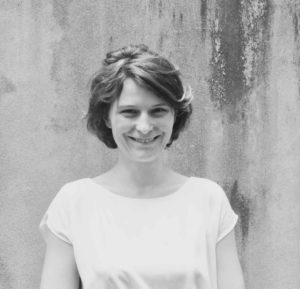
Clémentine Blazy – European Center for Social Finance
Clémentine Blazy works at the European Center for Social Finance. With a background in consulting & over 15 years in social finance (mostly at France Active where she led the investment activity for the national entity), she has experience as board member of social enterprises and investor within different investment committees. She has a stronger interest in the growing involvement of philanthropy in social finance.

Ander Zabala – Sostre Civic
Ander Zabala Gómez graduated from Global Studies Bachelor in the Pompeu Fabra University in Barcelona, focusing the final thesis on the Danish Housing Associations. After being involved in Fiare Banca Ética, a cooperative ethical bank member of FEBEA, he is now working as part of the technical team of Sostre Cívic housing cooperative as an accountant and in the financial department. He also participates in the movement for the right to housing in his neighbourhood housing union.
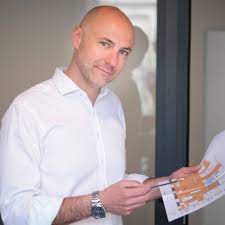
Charles Le Gac de Lansalut – Solifap
He joined Solifap in September 2018 to implement the company’s change of scale. With a legal background, he has held various positions as a leader of associations in the field of education, international solidarity or the fight against exclusion. As director of the Paris branch of Secours Catholique, he helped set up the association’s social real estate agency. He has acquired solid experience in project management, impact project analysis and partnership network development in France and abroad.
agenda in CET
13:00–13:15
Welcome and introduction to the workshops
13:15–14:00
Mikrofonden Case Study
Lessons learned from a comprehensive social investor on social housing in Sweden
14:00–14:45
Solifap Case Study
A sector-based approach. Financing housing for the most vulnerable in France.
14:45–15:00
Break
15:00–15:45
Sostre Civic Case Study
Financing and building housing in Spain.
15:45–16:30
Wrap-Up, Outlook and Feedback

